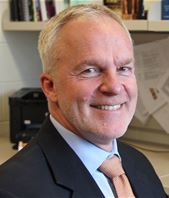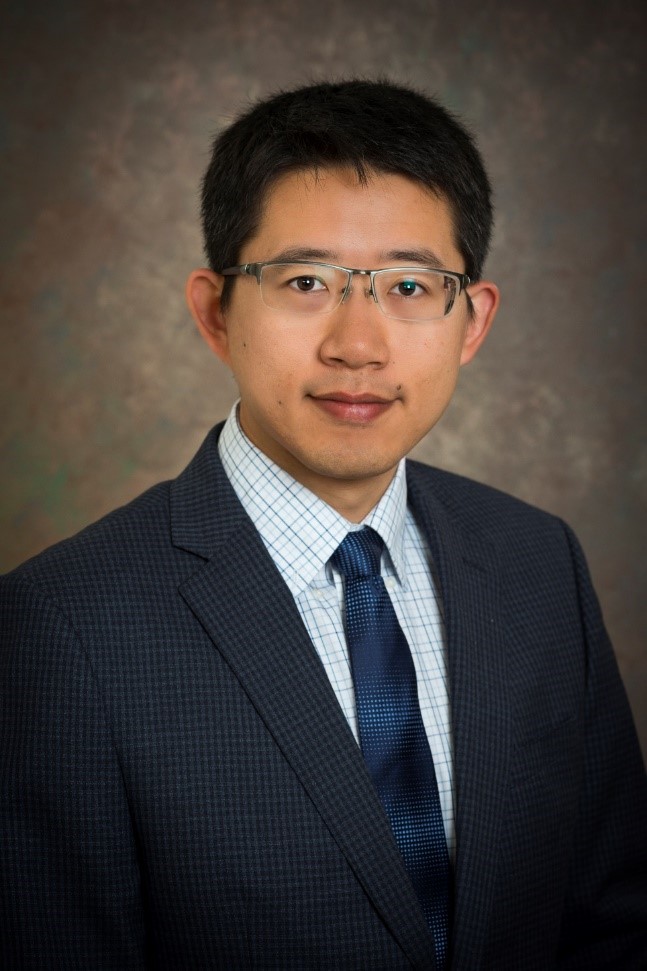Program
Invited Speakers
 Speaker: Brian Aldridge, BVSc, MS, PhD, Dip ACVIM (Food Animal), MRCVS
Speaker: Brian Aldridge, BVSc, MS, PhD, Dip ACVIM (Food Animal), MRCVS
Title: Promoting Health by Managing the Four 'M's' of Homeostasis
Speaker Biography:
Clinical Professor, College of Veterinary Medicine and Health Innovation Professor, Carle Illinois College of Medicine, University of Illinois at Urbana-Champaign IL, USA.
A 1984 graduate of the University of Liverpool, Dr. Aldridge is an academic clinician, educator and clinical researcher based at the University of Illinois at Urbana-Champaign (UIUC).
He currently serves as a Clinical and Health Innovation Professor with a joint appointment between the Department of Veterinary Clinical Medicine in the College of Veterinary Medicine, and Carle Illinois College of Medicine at the University of Illinois. He holds affiliate positions at the Institute of Genomic Biology, the Center for Digital Agriculture, and the National Center for Supercomputer Applications. His scholarly efforts focus on animal health defense in growing animals, with a particular interest in colostrum and mucosal immunology, and early disease detection.
Dr. Aldridge has used his passion for teaching and learning to assist in the development and implementation of high impact educational programs around the world. He currently serves in a joint appointment between the College of Veterinary Medicine, and Carle Illinois College of Medicine. As an educator he is engaged in fostering preprofessional and professional competencies in innovation, problem solving and clinical reasoning. He has helped develop and implement new veterinary and medical school curricular at institutions in California, Illinois, the United Kingdom, and south-east Asia, and reached new learner audiences by creating online pre-professional, professional, graduate, and post-graduate learning communities in the iLearning Center at UIUC. He was also the co-developer of a Massive Open Online Course entitled Sustainable Food Production Through Livestock Health Management which had over 20,000 participants from 100 countries, over 35% of which were from developing nations.
He has helped new veterinary and medical school curricular at institutions in California, Illinois, the United Kingdom and south-east Asia, and received numerous teaching awards. He has also helped develop a series of online Continuing Education and Graduate learning programs at the iLearning Center.
 Speaker: Annelies Kers, Institute for Risk Assessment Sciences
Speaker: Annelies Kers, Institute for Risk Assessment Sciences
Title: The impact of environmental conditions on the gut microbiome of broiler chickens
Speaker Biography:
Dr. Annelies Kers is a researcher at the Institute for Risk Assessment Sciences (IRAS) in the One Health Epidemiological Microbial Agents group of the veterinary faculty of Utrecht University, and at the Laboratory of Microbiology of Wageningen University, both in the Netherlands. She did her PhD research on the intestinal microbiome and broiler health. Her research is focused on how environmental factors influence a microbiome, the distribution of microbes, and antimicrobial resistance.
 Speaker: Yihang Li, University of Delaware
Speaker: Yihang Li, University of Delaware
Title: Effects of early weaning stress on intestinal epithelial development and functions in pigs
Speaker Biography:
Yihang Li is an assistant professor in the Department of Animal and Food Sciences and Department of Biological Sciences at the University of Delaware. He holds a BS in animal science and an MS in monogastric nutrition from Chania Agricultural University. Li earned his PhD at North Carolina State University, where he studied early life mineral nutrition and bone marrow mesenchymal stem cell biology. He then received his postdoctoral training at Michigan State University focusing on intestinal mucosal mast cell physiology and epithelial nutrient transporter functions. His current research interests focus on understanding how early life nutritional and physiological events influence intestinal barrier function, nutrient sensing, and transport functions. His laboratory studies epithelial stem cell and enteroendocrine cell development and function by utilizing primary intestinal organoid culture and Ussing chamber electrophysiological techniques in pigs and chickens.
